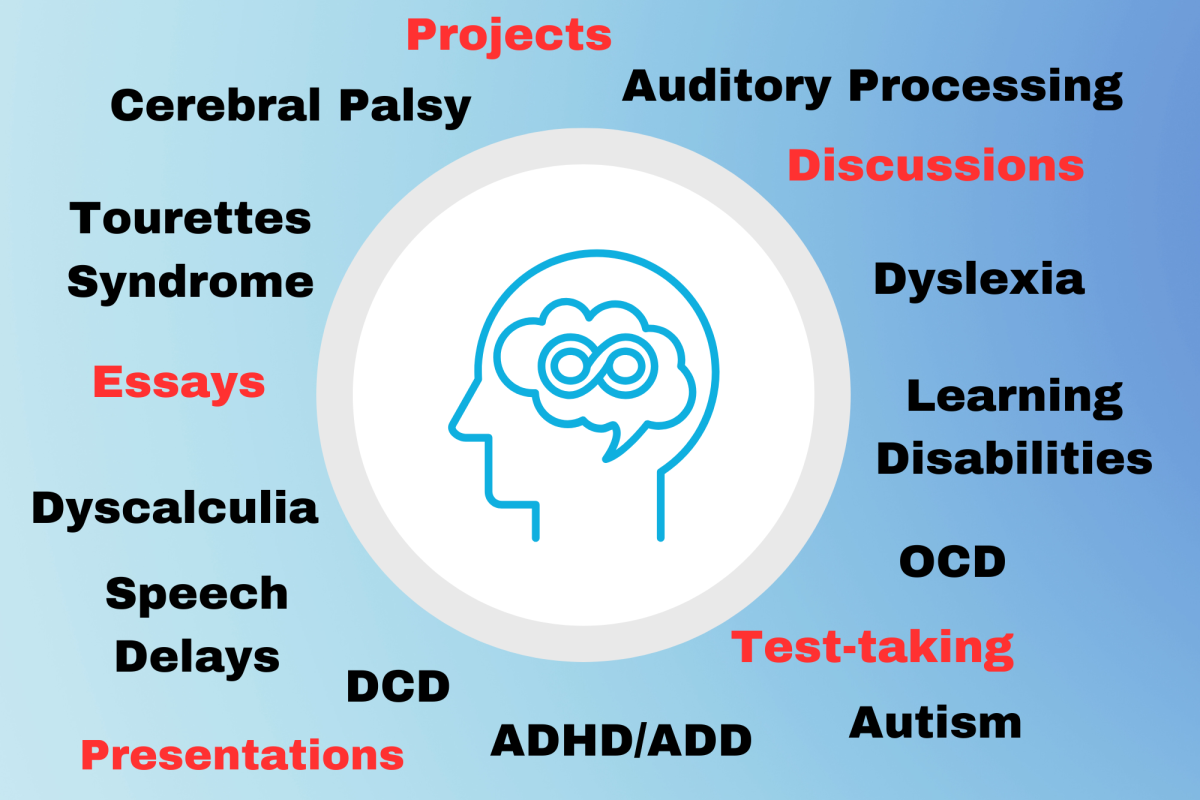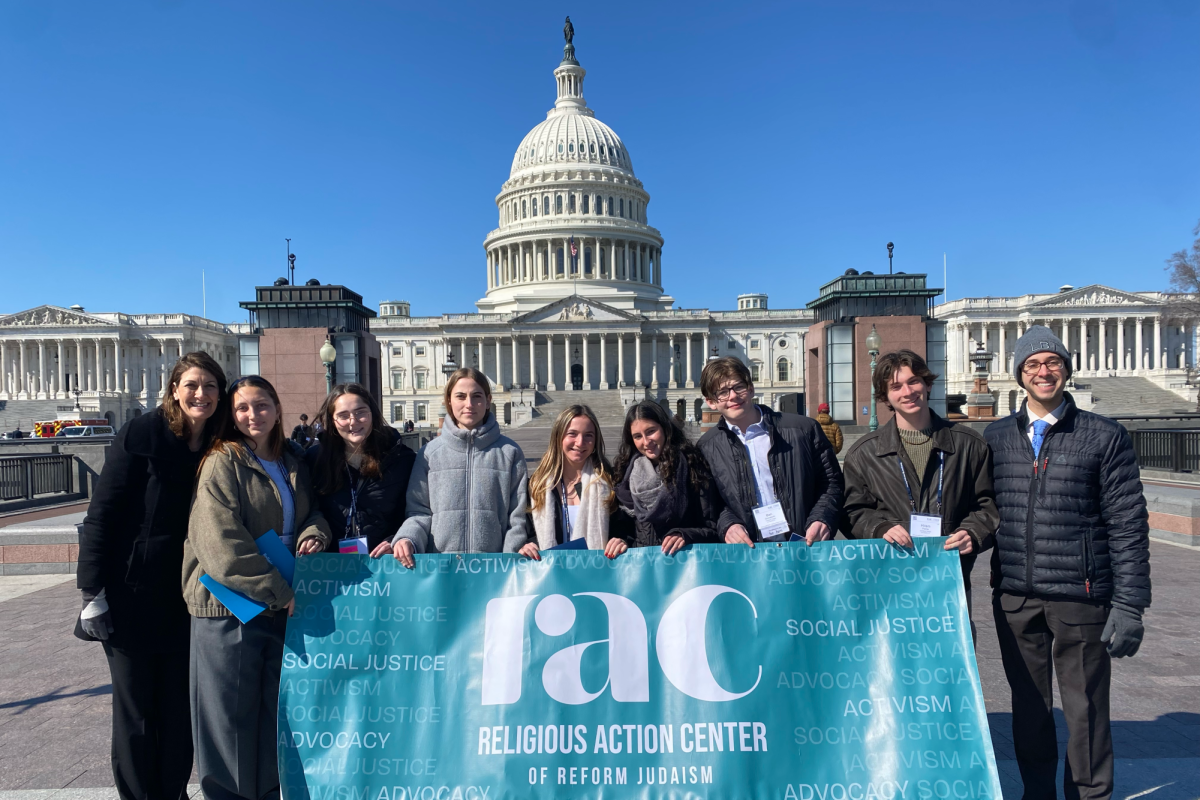Editor’s Note: Although most of The Oracle’s editorials take a specific stance on an issue, this month’s will serve to educate the Archer community on future events in the U.S. government in order to develop understanding among the student body about the policies affecting their lives.
Since Donald Trump declared presidential victory Nov. 6, he has already begun planning to reign in a new era: Make America Great Again 2.0. As we prepare for another four years under the Trump administration, Americans are anticipating the economic reform, partisan divides and cultural shifts of his last term. However, Trump has slightly different plans in store for 2024-2028 which will concern issues that affect all sectors of high school and college student life.
In the last couple of weeks, Trump has already appointed dozens of loyalists to his presidential cabinet and White House staff. These include the soon-to-be first female Chief of Staff Susie Wiles, foreign policy aggressor Marco Rubio as Secretary of State, and unofficial “Border Czar” and former U.S. Immigration and Customs Enforcement (ICE) leader Tom Homan.
Paying homage to his origins in the business world, Trump will also be introducing two prominent businessmen through the White House gates. As Tesla CEO Elon Musk and biotech entrepreneur Vivek Ramaswamy prepare to lead the new Department of Government Efficiency (DOGE), they’ve pledged to use their market knowledge to evaluate and “clean up” the government’s programs and employees, from National Aeronautics and Space Administration (NASA) to veteran affairs to the Federal Bureau of Investigation (FBI).
Trump himself has already pledged his own action plan for January 20, including migrant deportation, education reform and criminal pardonings from the insurrection. Despite securing a GOP trifecta with Republican majorities in both the Senate and the House, however, opposition from senators in the democratic process will still make it difficult for Trump to enact the policy promises from his campaign.
One of the largest, for example, has been Trump’s consistent pledge to shut down the U.S. Department of Education, delegating protections for student civil rights, students in poverty or with disabilities and federal student loans to state governments. This bill is unlikely to pass in Congress, however, without federal funds for diverse school curriculums that some in the Trump administration consider “radical” or “inappropriate”, the threat of educational censorship across certain states will become real. On the other hand, he will emphasize “school choice”, allocating scholarship funds to expand access to private schools nationwide.
In a shocking move across all parties, Trump recently appointed Robert F. Kennedy Jr., an environmental lawyer without medical experience, to lead the Department of Health and Human Services. RFK Jr. has been known to continuously switch between contradictory, extreme and false medical opinions, sparking concern about his ability to manage over 80,000 employees, 100 programs, and medicine research that will affect 300 million Americans. Despite his popular association with anti-vaccine beliefs, he continues to preach “medical freedom”, saying that he “will not take vaccines away from anybody.” Along those lines, he seems to currently be pro-abortion, despite past statements. Vaccine mandates and abortions alike would be difficult to ban under the Trump administration due to pushback from the FDA and Congress, but gender-affirming care rights for transgender students will be largely threatened if left up to the states, considering 26 states have already enacted laws banning it.
On a positive note, Kennedy’s “Make America Healthy Again” campaign plans to spearhead American nutrition, which is likely to be supported by Americans and scientists alike. Kennedy hopes to combat the chronic illness and obesity epidemics by reducing chemicals in processed food, eliminating dangerous drugs and reevaluating added fluoride in water. If Trump continues to trust Kennedy’s opinion, American schools could expect the elimination of unhealthy food and drink in cafeterias. However, the controversial lifestyle habits Kennedy preaches could easily find their way into his policies, the main one being the benefits of drinking raw milk, a practice denounced by the CDC.
One of the most radical differences in Trump and Biden’s priorities concerns one of the hottest issues on the world stage: climate change. Trump himself plans to prioritize capitalistic drilling initiatives, energy dominance and AI over any climate change reform, according to his Environmental Protection Association head Lee Zeldin. Although Trump plans to withdraw from the Paris Climate Agreement, Biden’s Inflation Reduction Act has sparked a climate-forward mindset in businesses across the country, promising protection for climate change initiatives across the United States during Trump’s term.
The next four years are shaping up to be defined by radically right-leaning values in the White House. However, with the Trump administration’s plan to slim down government programs, it will be up to the state governments to decide where their priorities lie.
Although some of Biden’s infrastructure, climate and foreign war policies will leave a liberal legacy on the White House, it is up to students across the country to continue championing equality and social justice efforts. They must spread awareness for youth-related issues, from immigration to climate change, and organize projects in schools, on social media, in their community groups and even during local government meetings. This democracy and all of its pillars, from student journalism to youth government councils, must be upheld by a politically engaged Generation Z in order to amplify the voices of all American people, no matter who sits in the presidential seat.






















